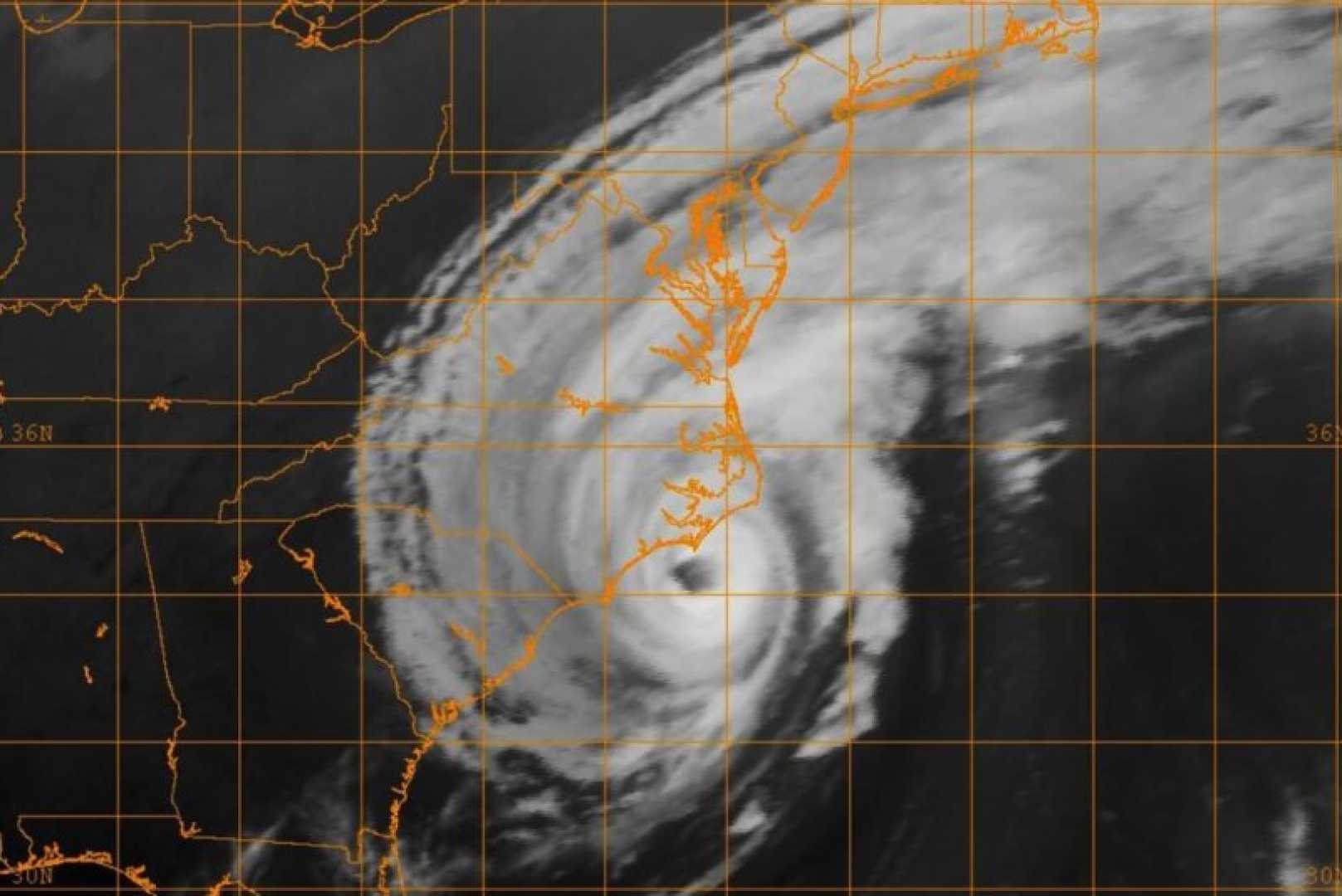News
Department of Defense Cuts Satellite Data Vital for Hurricane Forecasts

WASHINGTON, D.C. — The U.S. Department of Defense (DoD) will stop providing satellite weather data essential for hurricane forecasting on June 30, disrupting operations amid the peak of hurricane season.
For over 40 years, the DoD has operated satellites collecting crucial meteorological information. This data, processed by the Navy’s Fleet Numerical Meteorology and Oceanography Center, has helped scientists and forecasters predict storm developments and monitor conditions in real-time.
Brian Tang, a hurricane researcher at the University at Albany, expressed surprise at the decision. “This is data that forecasters use regularly, given its importance for monitoring hurricanes and other conditions,” Tang said.
The Navy and U.S. Space Force, which maintains the satellites, cited cybersecurity concerns as the reason behind the termination, although a spokesperson confirmed that the satellites remain operational.
Mark Serreze, director of the National Snow and Ice Data Center, emphasized the implications of the loss. “We’ve relied on this data for many years,” he stated, noting that rapid access to real-time data is crucial for forecasting storms, particularly as climate change leads to increasingly intense hurricanes.
Data from the satellites assists experts in predicting the formation and intensity of storms, including identifying new eyewalls that signify possible intensification. Tang mentioned that this data allowed forecasters to detect critical changes during Hurricane Erick, which intensified into a Category 3 storm.
The National Oceanic and Atmospheric Administration (NOAA) maintains that their existing data sources can still provide adequate forecasts, though experts raise concerns about gaps in data. “What we lose is the immediate access to the inner workings of storms,” Tang explained.
Some scientists worry that the abrupt cessation of DoD data will hinder hurricane forecasting accuracy. “Forecasts will undoubtedly be worse after this loss,” said Brian McNoldy, a hurricane researcher at the University of Miami. “This news is alarming for anyone in hurricane-prone areas.”
The DoD’s decision will also affect monitoring sea ice changes due to climate change. Serreze noted that as the Arctic continues to warm rapidly, real-time satellite information becomes increasingly important for mapping these changes.
This announcement has upset many in the meteorological community, with researchers fearing the potential impact on human safety during extreme weather events.












